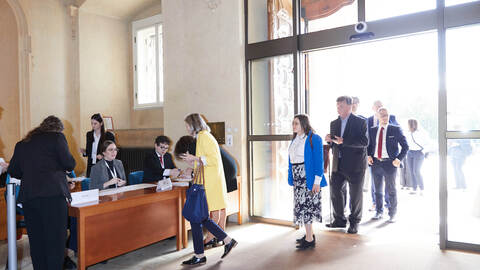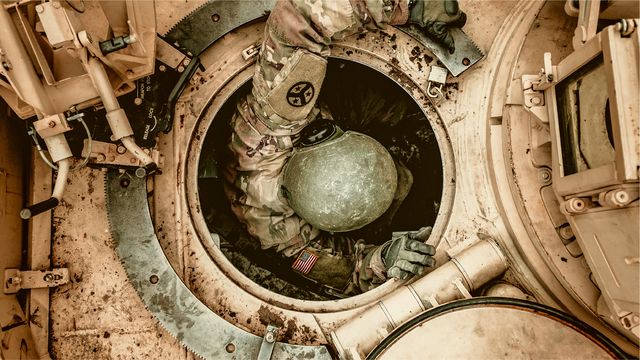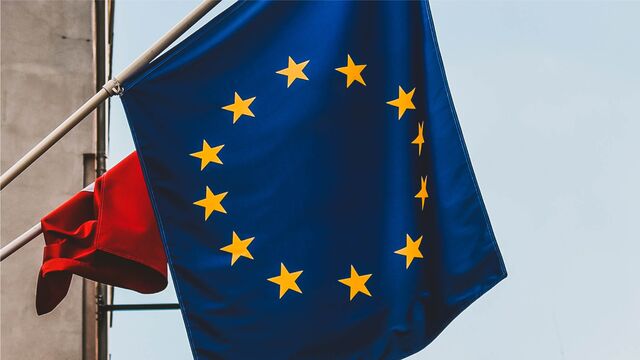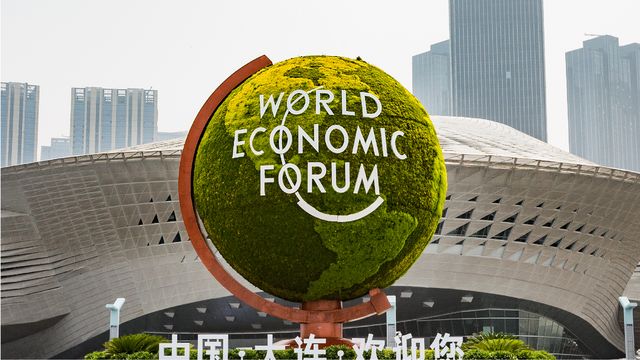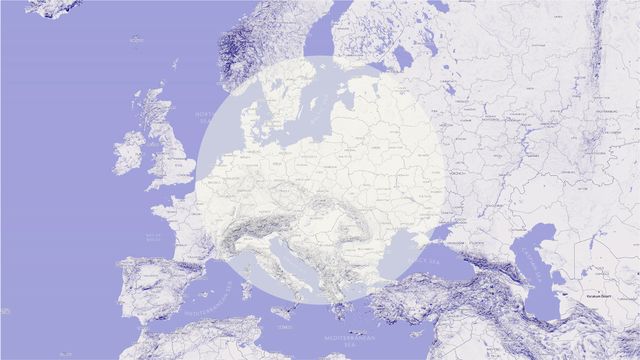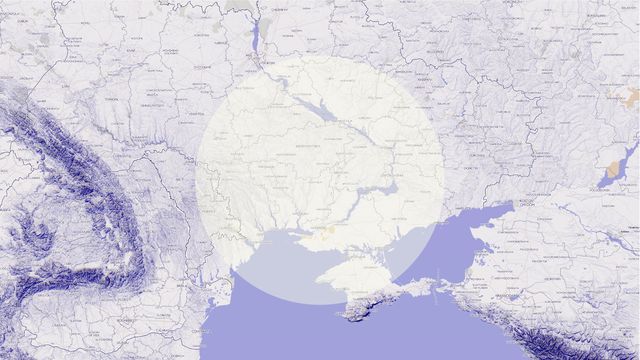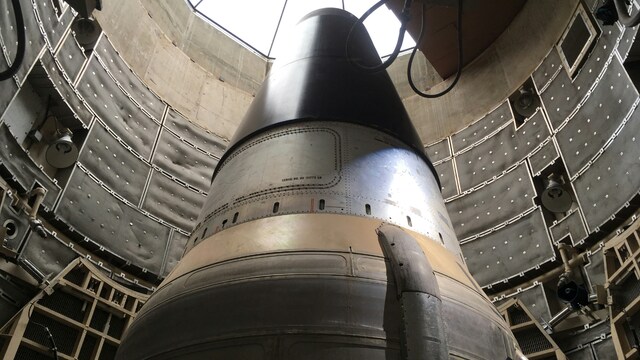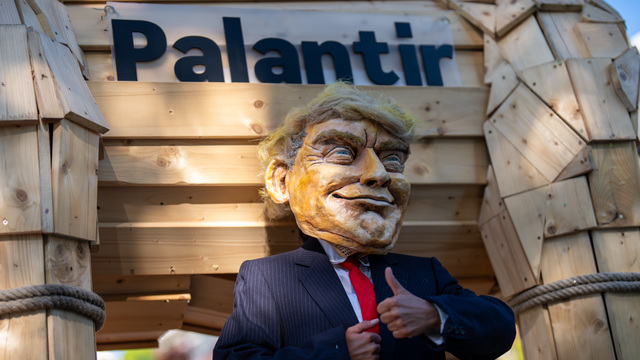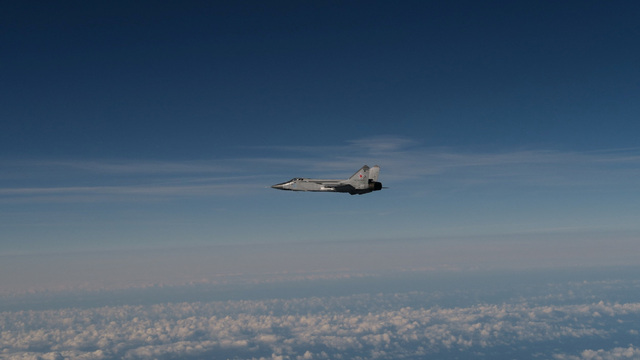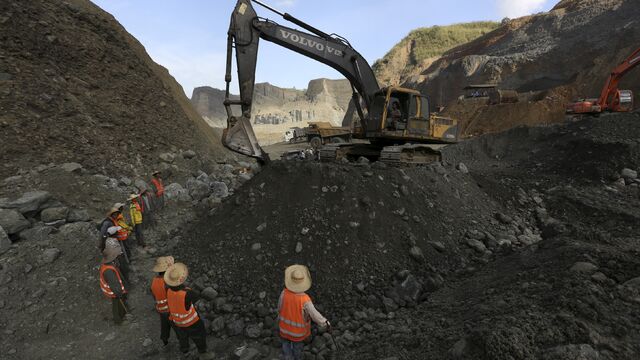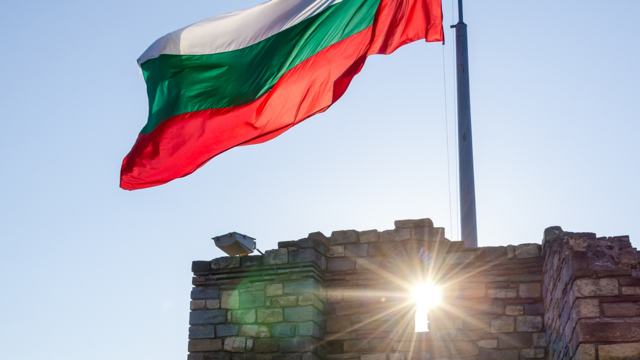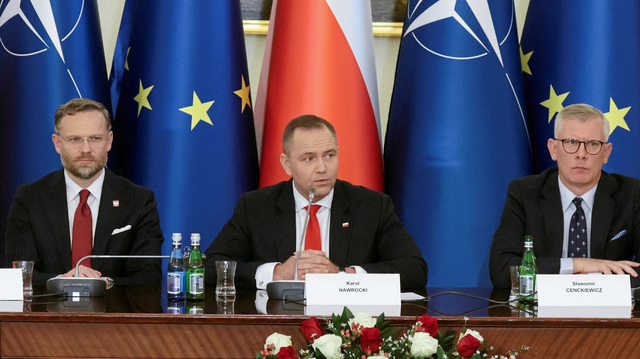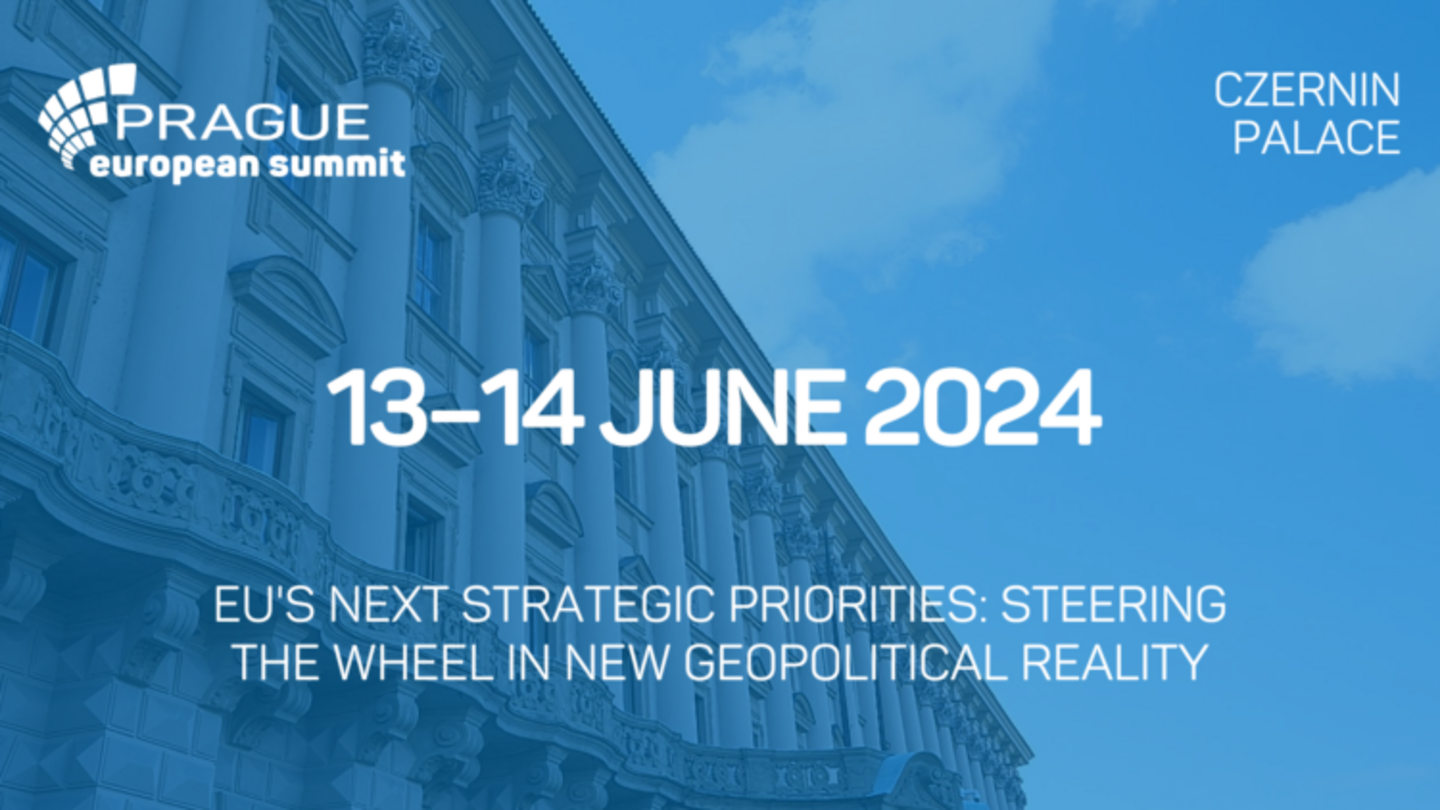
Prague European Summit 2024
On behalf of the organisers, the EUROPEUM Institute for European Policy and Institute of International Relations Prague, we kindly invite you to the next edition of the Prague European Summit. This anniversary 10th edition will be held on 13-14 June 2024.
13. 6. 2024 (8:00)
Jazyk: English Czernin Palace, Ministry of Foreign Affairs of the Czech Republic, Loretánské náměstí 5
The Prague European Summit will take place in person in the Czernin Palace, Prague, in cooperation with the Ministry of Foreign Affairs of the Czech Republic , under the auspices of Petr Pavel, the President of the Czech Republic , supported by the Office of the Government of the Czech Republic and the Minister for European Affairs , the Representation of the European Commission in the Czech Republic , and Hanns Seidel Stiftung .
The anniversary 10th edition of the conference will be dedicated to the topic of EU's Next Strategic Priorities: Steering the Wheel in New Geopolitical Reality , and will reflect the results of the elections to the European Parliament taking place just before the Summit, on 6 – 9 June 2024.
This year's edition's topics will include:
- Europe's Continuous Support for Ukraine
- European Competitiveness and Prosperity
- Engaged and Secure Europe in a New Geopolitical Reality
The conference will be held in-person, with various formats planned. As during the previous editions, the "Vision for Europe Award" will be awarded. The program for the Prague European Summit 2024 will soon be posted on our website and regularly updated with new speakers for individual panels.
The Prague European Summit is a strategic platform established in 2015 to tackle pan-European questions in light of the common challenges. It aims to set the EU trends of the future through dialogue with the highest levels of the European public and private sphere and to strengthen the role of the European Union in the world while building a sustainable and resilient society. Over the years, the Summit has connected more than 4000 public officials, business and NGO representatives, academics and journalists to discuss topics such as EU leadership, security, new technologies and the digital age, current economic & foreign policy challenges, or the impact of various policies and trends on European society.
To join us in person, please register here.
Den 1 13. 6. 2024
Registration, Coffee, and Refreshments
Words of Welcome
Opening Keynote
Plenary Panel Discussion: The EU as a Pillar of Support to Ukraine. Or Is It Really So?
"With no apparent end to the ongoing war in Ukraine in sight, the country needs continuous help and support from its allies. The European Union, having approved macro-financial assistance to Kyiv for the next four years to help secure the stability of the country, seems almost unshakable in its support. Along with supplies from the freed-up US financial support, Europe continues to deliver arms to Ukraine, and thanks to the Czech ammunition initiative, the Union will be able to fulfil at least part of its promise of ammunition deliveries. However, allies are struggling to do more, especially when it comes to advanced offensive technologies that the Ukrainian army needs. Furthermore, uncertainty grows with the EU and US election and recent political shifts in several Member States. Regardless of the results, can Ukraine count on the firm support from its European allies in the coming years? How will the June elections to the European Parliament affect the Union's approach?"
Coffee Break
Vision for Europe Award Ceremony
Keynote Speech
Introductory Remarks
European Chat: From Reaction to Action - The EU's New Strategy towards Russia
"Ever since the Kremlin’s full-scale military invasion of Ukraine, the Five principles guiding the EU's policy towards Russia are dead. The West is trying to isolate Moscow whenever possible and has imposed sanctions of unprecedented scale on it. The EU, however, never formally replaced its outdated strategy with a new one. Meanwhile one thing remains clear: there cannot be a return to normalcy until Moscow withdraws from Ukraine and stops violating international law. Can the EU develop a clear and proactive strategy towards Russia despite its internal divisions? How can the EU contribute to constraining Russia's imperial ambitions?"
Lunch
European Chat: The Future of Global Trade - Global. Regional, or Allied?
"Protectionism and the aggressive trade policies of some rising global actors are intensifying in international trade, with China at the forefront. Yet, despite the tendencies to revert to deglobalisation, protectionism, and regionalism over the past few years, free trade remains one of the greatest assets of the European Union and a driver of economic growth for European businesses. How can the EU resist protectionism amid growing dependencies, balance competitiveness with adherence to the rules-based order, identify reliable trading partners, and use trade to advance priorities like combating climate change?"
Parallel Discussion: (De)russianization of Belarus: Will 2025 Bring a New Momentum
"Four years have passed since Alyaksandr Lukashenka used sham elections to consolidate his grip on power in Belarus. The authoritarian leader is now planning new elections next year while his opponents are either imprisoned or exiled, and independent media are silenced. Some renowned thinkers argue that the growing appetite of Vladimir Putin to recreate the Russian sphere of influence is closely linked to the weak EU’s reaction to the 2020 election fraud in Belarus. Since that time, the Kremlin has deepened its links to Minsk, and the Russian army has been using the Belarussian territory to attack Ukraine. Given the new security reality in Europe, how should the EU better prepare for the forthcoming so-called elections in Belarus and counter the Kremlin’s ambitions, and what else can be done to support the Belorussian democratic opposition?"
High-level Discussion: Under PRESSure - Addressing Backsliding with New Tools
"Press freedom and independent media are facing increasing constraints. We are seeing authoritarian regimes around the world encroaching on press freedom, emboldened by the Putin regime’s war in Ukraine and its crackdown on independent media in Russia. State actors are investing billions of dollars in their propaganda machines, exerting malign influence and spreading disinformation. We are also witnessing a rapid proliferation of new legal frameworks to censor free expression, and the emergence of foreign agent laws and so-called disinformation bills. Moreover, physical and online harassment of journalists is on the rise and media financing is being squeezed. On the other hand, the European Union has recently passed several legislative acts aimed to support and defend the freedom of media and journalists, but are those enough or is the struggle of many journalists still an unfair fight? And how can we support independent journalism in authoritarian and undemocratic regimes?"
Plenary Panel Discussion: Energy Security First - Pragmatic. Decisions Affecting Climate Ambitions
"The Russian aggression in Ukraine exposed Europe’s vulnerability regarding energy dependencies and shattered the liberal-driven belief in the so-called Wandel durch Handel. With the tune now set to security first, the EU recently witnessed an unprecedented shake-up in hydrocarbon imports, a reinvigorated emphasis on renewables, and a renaissance of nuclear power as a reliable, although in some member states still controversial, source of energy, and a sector in which the EU is entirely self-sufficient. However, heightened global power rivalries continue to pose extra challenges to a sector that is already undergoing an unprecedented transition. The EU now must avoid creating new potentially dangerous future dependencies and mitigate the risks during the transition. What are the most urgent tasks for the next Commission? Are the disputes around nuclear energy over or only shelved? And will the EU be forced to rethink its green transition strategy in the new geopolitical reality?"
Closed Roundtable Discussion: Power of the Rules or the Firepower Rules? The Future of the EU's State Aid and Competition Policy
"With the unprecedented hit of the Covid-19 pandemic, the EU’s state aid policy was temporarily relaxed to allow for more direct support from member states to affected sectors. In the meantime, the US responded to the economic slump and high inflation through tax breaks and exemptions with massive support for its companies and citizens to accelerate the shift towards green technologies. However, the foreign competition and exceedingly favourable market conditions in the Inflation Reduction Act started to threaten European producers. The next Commission now must solve an enigma: Should it return to a strict enforcement of the EU´s competition rules and preserve the cohesion of the Single Market or will it allow more fiscal leeway to those governments that have enough firepower to use it? Or is there a third and better option that will ensure proper balance?"
Coffee Break
Plenary Panel Discussion: Competing to be Competitive - The European Economy back in the Spotlight
"Competitiveness became one of the buzzwords in the campaign before the European Parliament elections, highlighting a shift from a focus on the twin transformations to the economic strength of the EU members and businesses. Discussions on how to improve European competitiveness are complicated, and the decision-makers have a number of solutions at hand. However, there is no quick fix. The recently published Letta report highlighted the need to look again at the Single Market and existing significant barriers and deficiencies that curb the full economic potential of European businesses, with better enforcement as one the most crucial challenges ahead of the next Commission. With the growing complexity of regulation, are we able to actually cut the red tape and ensure a level playing field at the same time? And is it not too late for Europe's ambitions?"
European Chat: Rebuilding a Country in War - Using Best Practices for Ukraine's Recovery
"The Russian aggression in Ukraine has caused unprecedented damages to the country’s infrastructure, requiring immediate and continuous support for an effective recovery. It is crucial that a multitude of stakeholders are involved - from international donors and financial institutions to governmental and local entities. Keeping in mind that no recovery can be fully effective without an end to the conflict, what are the main strategies that the rebuilding efforts should follow? What are the lessons learned from the process so far? And how do we ensure that the efforts are directed mainly toward those regions that need them the most?"
Reception
Movie Screening and Debate: 20 Days in Mariupol
Den 2 14. 6. 2024
Spoluorganizátoři
The Prague European Summit is organized by the EUROPEUM Institute for European Policy and the Institute of International Relations, in cooperation with the Ministry of Foreign Affairs of the Czech Republic and Visegrad Fund, under the auspices of Petr Pavel, the President of the Czech Republic, supported by the Office of the Government of the Czech Republic and the Minister for European Affairs, the Representation of the European Commission in the Czech Republic, and Hanns Seidel Stiftung.
